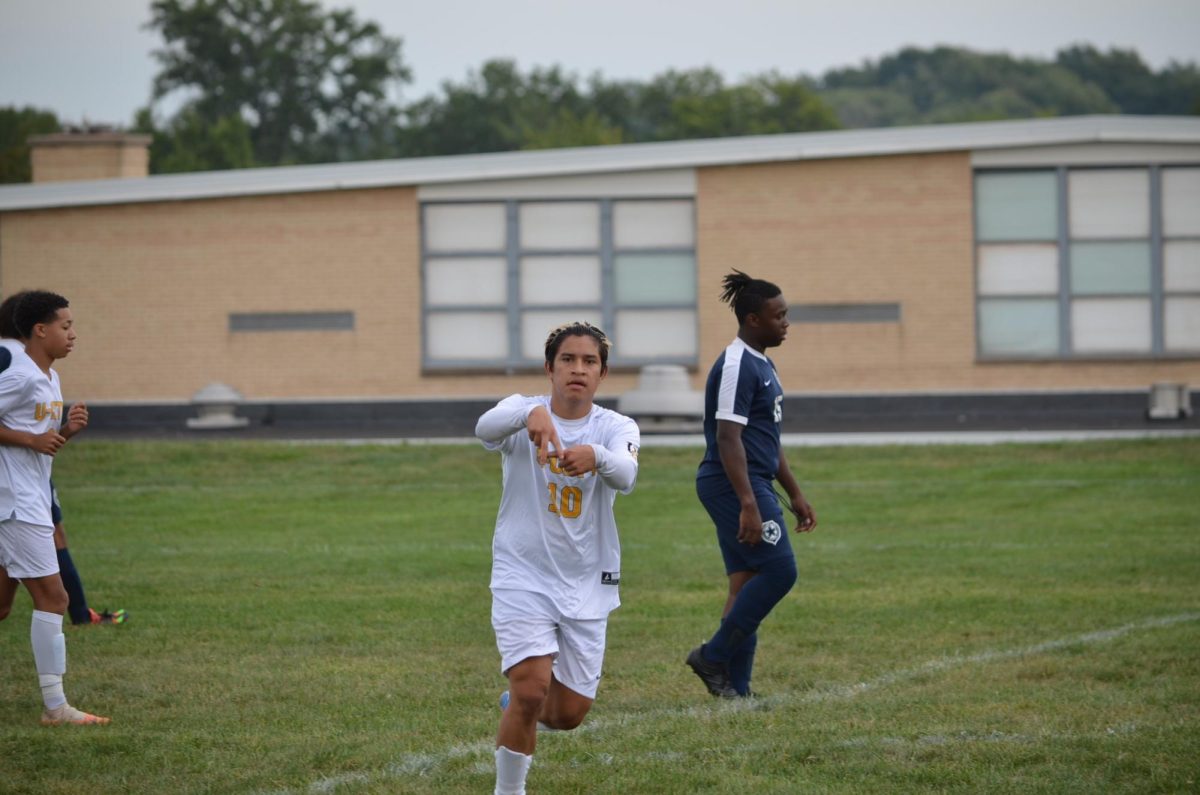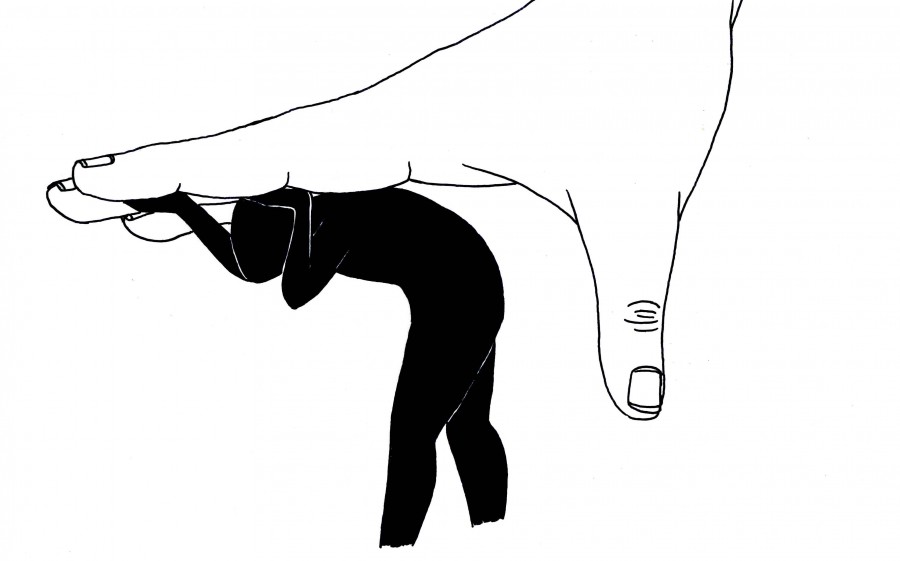Imagine saving up months and months of paychecks in order to buy the newest BMW. After saving and rationing money, it is finally time to purchase the brand new car. Once you arrive at the dealer it seems as though everyone is staring, wondering why you are there and how you could possibly afford to be in a nice, expensive place like this. Soon, the salespeople start firing questions such as “can I help,” “how are you,” “what are you looking for, anything special,” and finally the favorite, “are you planning on buying anything?” Once one of them leaves, more and more flock towards you, spitting the same questions, wondering the same things and inquiring your ability to be at the dealership. Lastly, it is time to sign the contract. Finally, the mission has been accomplished, despite being a victim of racial profiling and “shopping while black.”
This derogatory phrase has become the phrase used to describe blacks attempting to buy expensive designer items from upscale retailers such as Barneys and Neiman Marcus. Located in mostly white neighborhoods, blacks are viewed as intruders whose sole intention is to steal and sell the merchandise. Thus, blacks are wrongly treated and questioned when they chose to shop at such places.
Junior Robert Kneller was perusing the belt selection at the department store Neiman Marcus at the Plaza Frontenac. He was in search of a Louis Vuitton monogrammed belt. Accompanied by his older brother, the two entered the store and were soon bombarded with questions such as “are you planning on purchasing anything” and the infamous “can I help you with anything.” After being questioned and looked at constantly, the two left after they were essentially told they looked like suspicious characters and that their money basically was not worthy.
“I would like to think it’s more of an age thing,” said junior Kneller. “But it is actually because they [upscale retailers and businesses] have an underlying prejudice against black people.”
“Shopping while black” has interwoven its way into the media and the news. Recently, a young black male living in New York City was accused of fraudently purchasing a Salvatore Ferragamo belt from Barneys. He purchased this after saving months of paychecks. After legally purchasing this item, he was followed by an undercover officer who question how he was about the afford something that nice, according the Washington Post.
“Much attention has been paid to the issue over the years — Oprah Winfrey complained that a Swiss clerk did not think she could afford a $38,000 handbag, and even President Barack Obama has said he was once followed in stores,” the AP writes. “… Many people don’t recognize how prevalent retail discrimination is, and how the consistent stream of small insults adds up to a large problem.”
Discrimination has also been proven to be a problem while driving. What seems to be a minor traffic violation quickly escalates to searches of the vehicle, all motivated by the officer’s agenda and suspicions.
“Driving while black” is another way in which Africans Americans are wrongly treated for seeming suspicious or acting shady. According to “The New Jim Crow: Mass Incarceration in the Age of Colorblindness” by Michelle Alexander, it is quite common for police officers to pull over blacks for minor traffic violations, expired plates, or just for seeming suspicious. Eventually as each stop by the police progresses, more often than not, officers request that their cars be searched for drugs, weapons, or illegal contraband. Timidly, they comply out of fear of being arrested or fined.
This practice of “unreasonable searches and seizures” violates the fourth amendment in the Constitution, which protects from searches and requires a search warrant to be searched.
“I was confused and quite frankly offended,” said junior Sloan Marion. “I was unclear as to why I was being questioned for simply walking down the street with some friends.”
Marion was questioned by the police for walking down the street with a group of friends and carrying a “suspicious” looking backpack.
It is clear we are not yet living in a country free of racial profiling.
“The best way to not racially profile is not to judge people based on their physical appearance,” said senior Alisha Sonnier. “Everyone comes from different backgrounds and struggles, everyone has something different to contribute. Once you get to know someone for who they truly are, then you can judge them. However, regardless of how you truly feel about them, everyone deserves respect.”



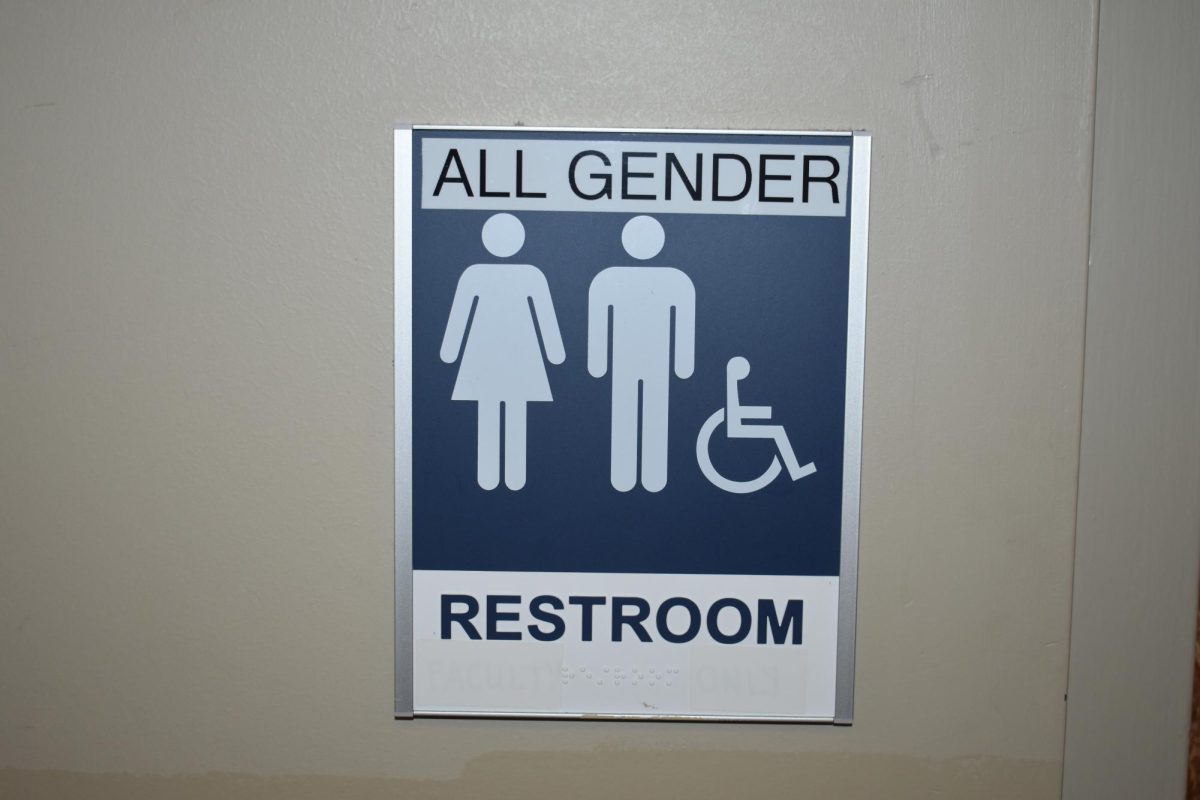

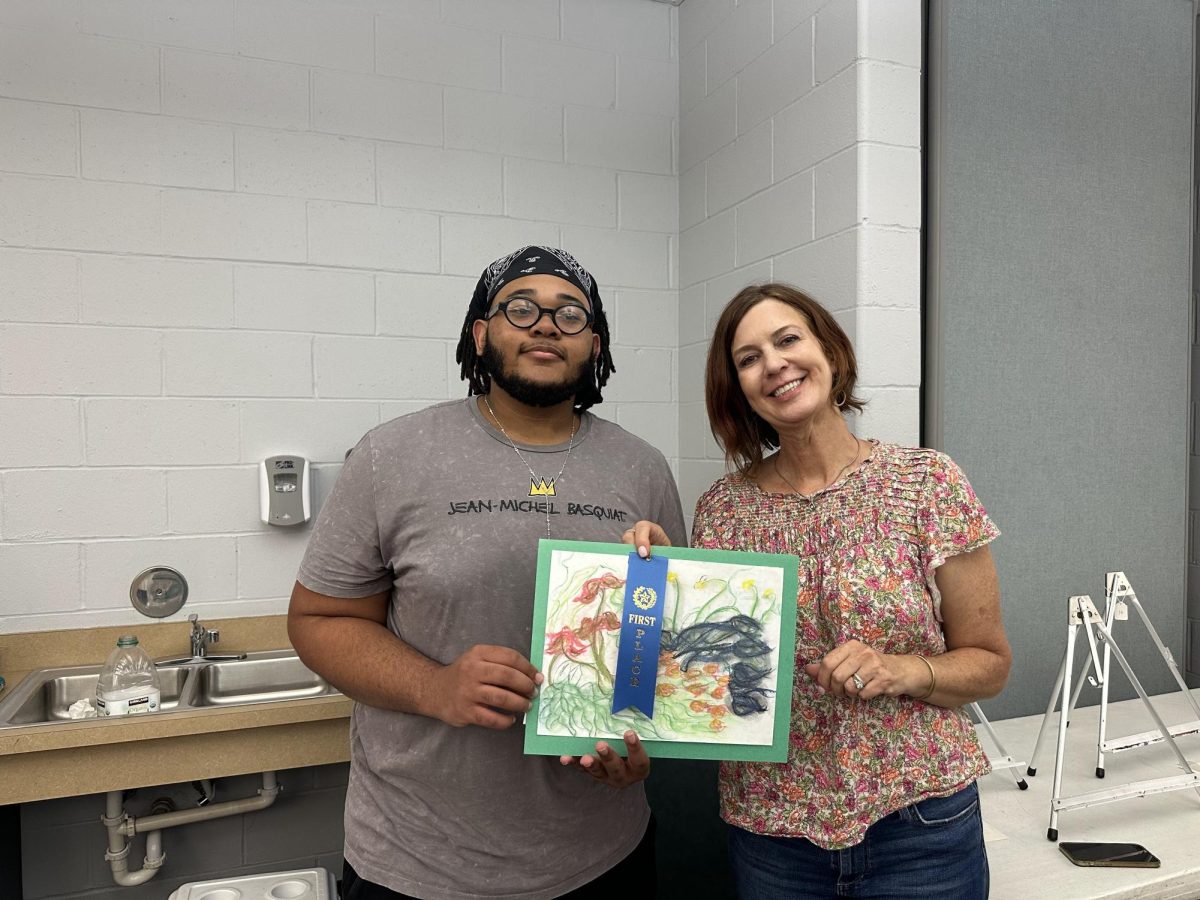



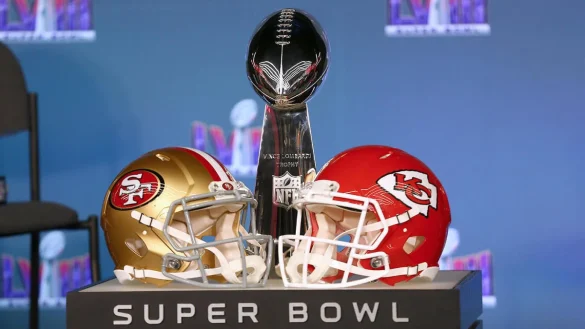

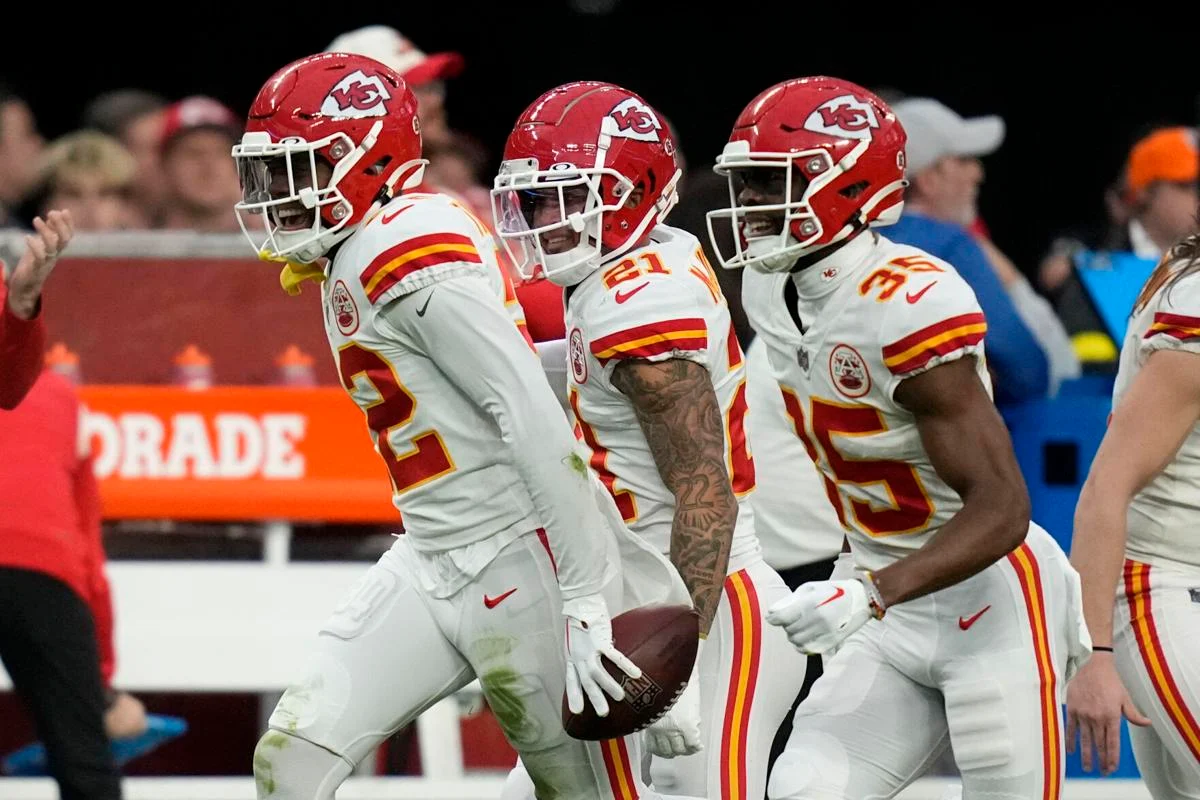



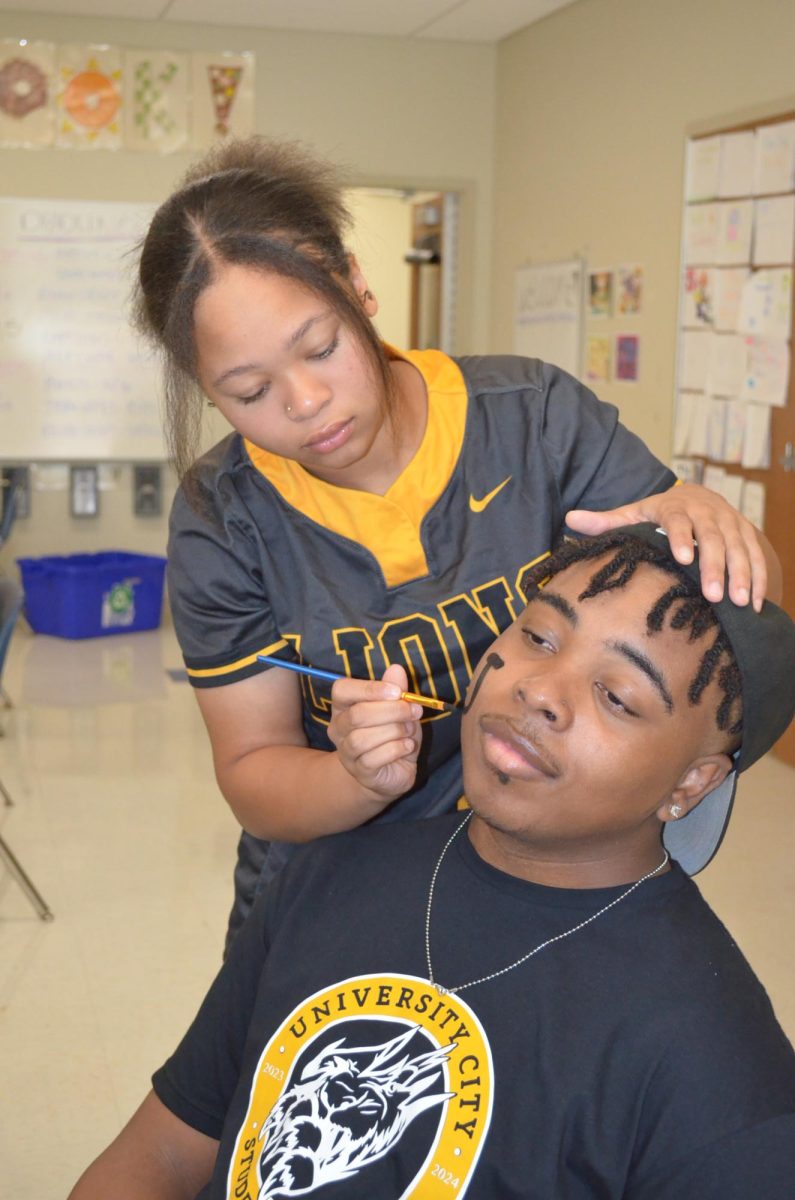
![Benjamin Williams and Reese Sherman, social studies teachers, explain department information a guest. This [open house] was, for me, a great opportunity to meet family in the district that will soon be attending the high school, Williams said.](https://www.utimesonline.com/wp-content/uploads/2024/02/DSC_9117-1200x800.jpg)





